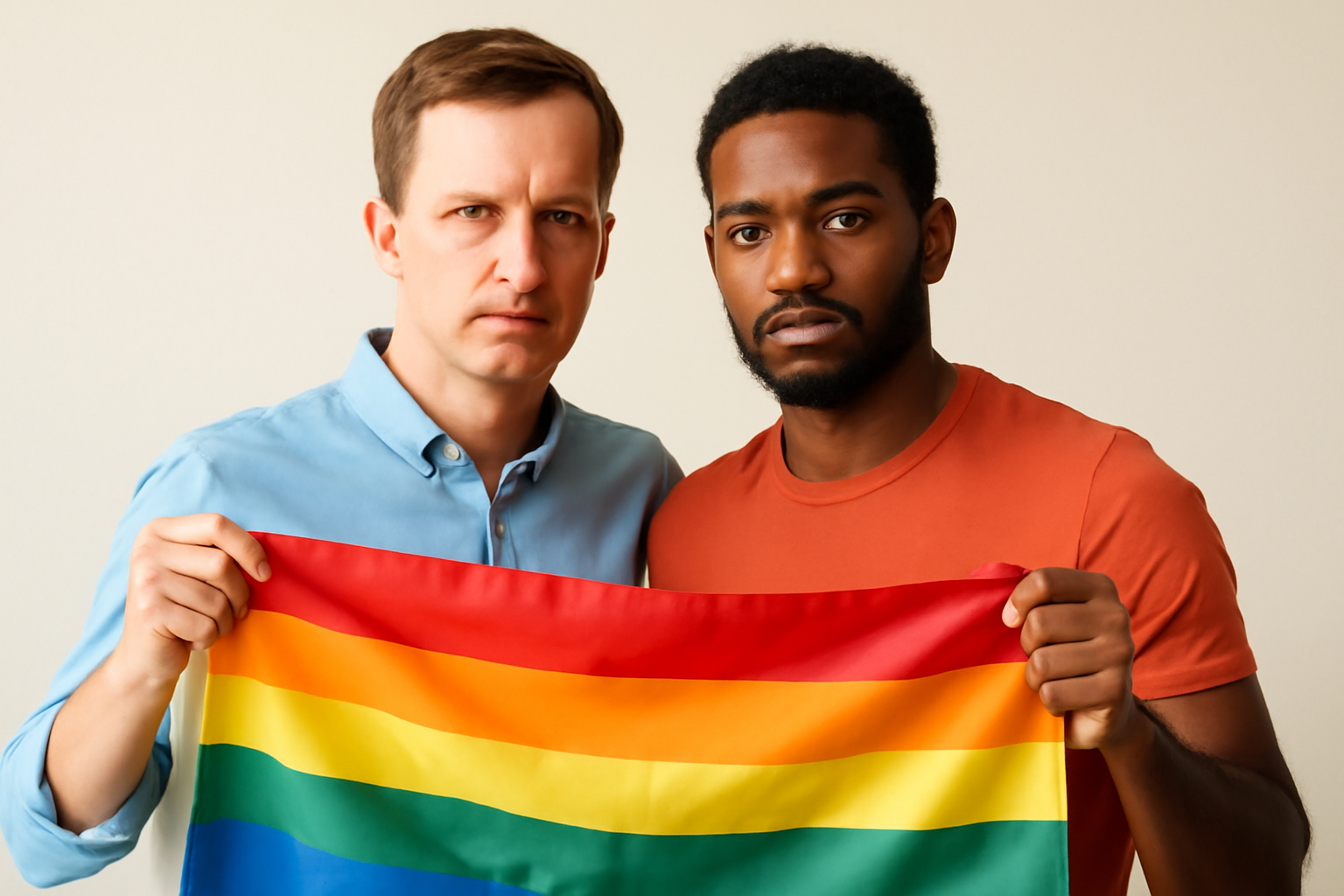
In a move that has reignited debate across the country, lawmakers in North Dakota have passed a resolution that seeks to overturn the federal recognition of marriage equality. This development has sent ripples through the LGBTQ+ community, renewing discussions about the rights and recognition of same-sex marriages in the United States.
Background of the Resolution
The resolution was introduced by conservative lawmakers who argue that the definition of marriage should be determined by individual states rather than mandated at the federal level. Proponents of the resolution assert that the 2015 Supreme Court ruling in Obergefell v. Hodges, which legalized same-sex marriage nationwide, overstepped the bounds of federal authority.
During heated debates in the state legislature, supporters of the resolution claimed that the court's decision infringed upon states' rights and religious freedoms. They argue that marriage, as an institution, should be defined by the people through their state governments, not by federal judiciary mandates.
Arguments from Opponents
However, this resolution has faced significant opposition from civil rights advocates, LGBTQ+ activists, and many community leaders. Opponents argue that the resolution is not only a step backward in terms of civil rights but also ignores the fundamental principles of equality and freedom that are core to American values.
Some lawmakers and activists have raised concerns that such actions could open the door to further discrimination against LGBTQ+ individuals. "This resolution sends a dangerous message that some Americans are less deserving of rights than others," says Jamie Thompson, a spokesperson for a national LGBTQ+ rights organization. "It threatens to undermine the progress that has been made in the fight for equality over the past decades."
Impact on the LGBTQ+ Community
The potential impact of this resolution is profound. If similar resolutions gain traction in other states, it could lead to a patchwork of marriage laws across the country, with some states recognizing same-sex marriages and others not. This uncertainty could affect countless LGBTQ+ families, creating legal challenges and emotional distress.
Moreover, legal experts warn that such resolutions could lead to costly legal battles. "We could see a scenario where cases are brought to the Supreme Court once again, challenging the fundamentals of marriage equality," says Dr. Linda Harris, a constitutional law professor. "The legal landscape could become even more complex and contentious."
National Reaction
The resolution has sparked national attention, drawing commentary from across the political spectrum. Prominent political figures, civil rights organizations, and religious groups have weighed in on the issue, highlighting the deep divisions that still exist in the country over marriage equality.
In Washington, D.C., federal lawmakers are closely monitoring the situation. Some have voiced their determination to protect marriage equality at the national level, ensuring that the rights of LGBTQ+ individuals are upheld. "We cannot allow states to roll back the clock on equality," stated Senator Alex Morgan in a recent interview. "We must stand firm in our commitment to equal rights for all."
Looking Ahead
The resolution in North Dakota is a reminder that the fight for LGBTQ+ rights and recognition is far from over. Advocacy groups are mobilizing to counter such measures, emphasizing the importance of continued vigilance and activism.
Grassroots organizations are redoubling their efforts to educate the public about the importance of marriage equality and the potential consequences of undermining it. "It’s crucial that we continue to share stories, raise awareness, and advocate for our rights," says Kelly Nguyen, director of a local LGBTQ+ support center. "We must ensure that our voices are heard and our rights protected."
As the situation unfolds, it is clear that the resolution has become a focal point for broader discussions about equality, rights, and the role of government in defining personal relationships. The outcome of this debate could have lasting implications for the future of LGBTQ+ rights in America.
For many, this is a call to action to engage in the political process, support advocacy efforts, and stand in solidarity with the LGBTQ+ community across the nation. The road ahead may be challenging, but history has shown that unity and perseverance can lead to meaningful change.
Related Posts
Triumphant Trans Woman Wins Legal Battle and Inspires Others to Stand Up for Their Rights
Breaking new ground: a landmark victory in transgender rights After battling in courtrooms and enduring endless challenges, Diana Portillo, a transgender woman, has secured a monumental victory in her decade-long fight against workplace discrimination. The result? Nearly $1 million awarded in a historic settlement. But this isn't just a win on paper—it represents a powerful precedent in combati [...]
Pride Month in Latin America: Protests and Demands for Equality
**Celebrating Pride and advocating LGBTQ+ rights in Latin America** Pride Month in Latin America was a lively mix where celebration met activism. Communities united, not just throwing a party but making a stand—demanding equality and pushing governments toward better protection and rights recognition. Throughout Latin America, pride events erupted in marches and cultural displays, each with a c [...]
Transgender Erasure Actions Implemented by National Park Service
```html Trump administration's impact on national park service and transgender recognition The Trump administration made notable moves in undermining transgender representation, which included directing agencies like National Park Service not include "T" and "Q" when they refered “LGBTQ” in any official communication. This move seems part a broader plan by this administration aimed at reducin [...]